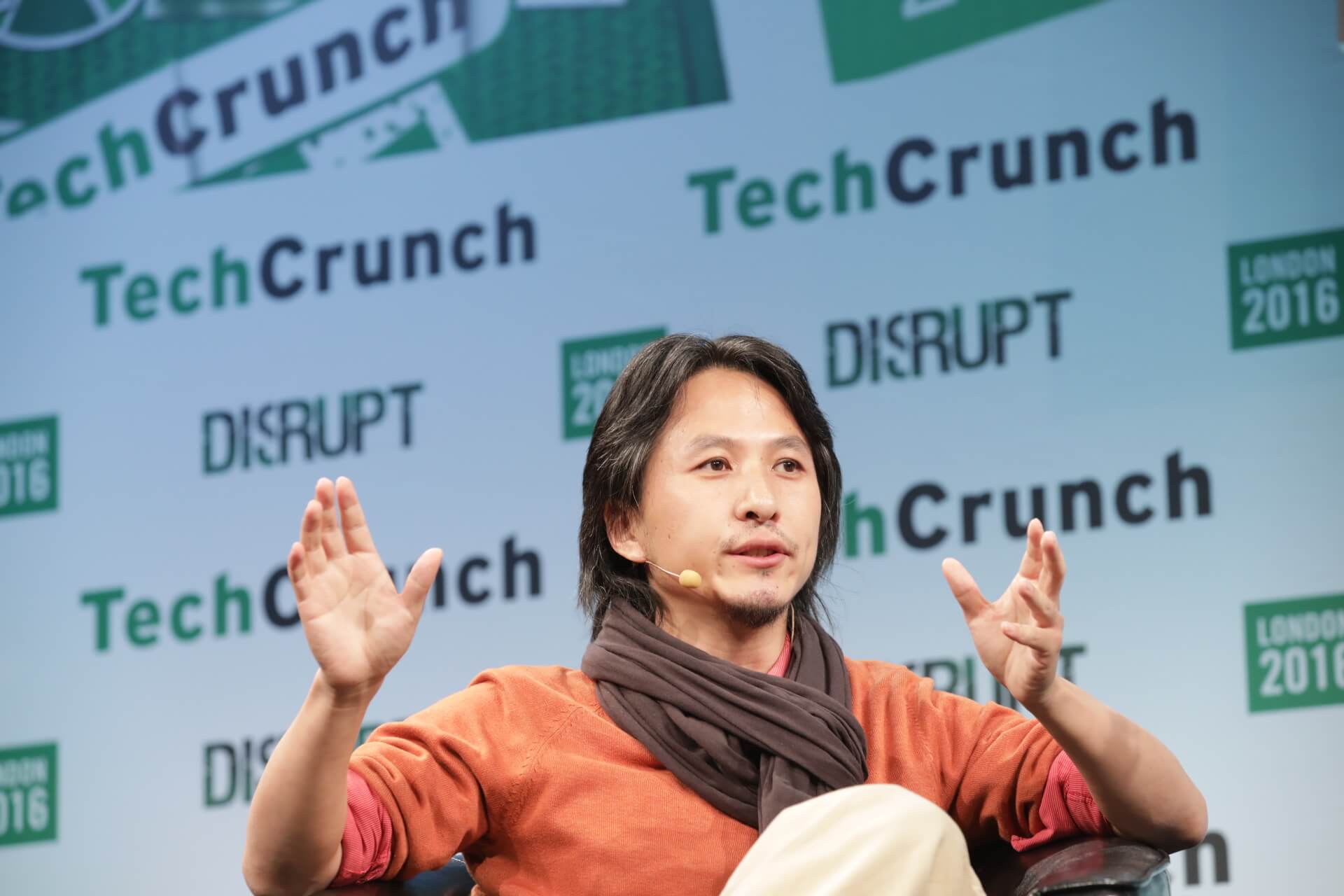The big picture: TikTok is now a victim of its own meteoric success. US regulators are trying to pry open parent company ByteDance to see if it is a threat to national security, but that doesn't stop it from planning an expansion into music streaming.

ByteDance, the company behind popular app TikTok, is apparently planning to launch its own music streaming service to compete with Spotify, Apple Music, SoundCloud, and others. According to a report from the Financial Times, the Chinese company is currently in talks with major record companies like Sony Music, Warner Music, and Universal Music to negotiate global licensing deals for a new subscription service.
ByteDance wants to set this new service apart from competitors by making it work as a big library of content that users can tap into and create their own fun videos where they sync with music. This has been the winning recipe for TikTok, which has been downloaded over 1.5 billion times if you go by Sensor Tower estimates.
The new app is also said to include a library of short videos that users could search through and sync to songs while they're listening. As with TikTok, the experience is geared towards sharing the resulting clips with friends, and the UI is designed for vertical use.
There is no word on pricing, but the company is reportedly aiming for a launch as early as next month. There is some speculation that its cost will match the $9.99 charged by the likes of Spotify and Apple. The Financial Times says ByteDance is planning a staggered release starting with emerging markets like India, Brazil, and Indonesia. This makes sense when you look at the download numbers for those specific regions. India was the main growth contributor this year by far with over half of all downloads, followed by China and the US. TikTok saw 31 percent of all unique installs coming from India, compared to China's 11.5 percent and the US' 8.2 percent.
The move comes as investors have been anxiously waiting for a way to make more money from TikTok, which is free to download and use. That said, it also comes at a time when ByteDance is under scrutiny from US regulators, who are currently busy with a national security review of the firm.

Alex Zhu, co-founder of Musical.ly, now head of Tik Tok. Source: TechCrunch
Alex Zhu, the head of TikTok, thinks this is an overreaction to the fact that TikTok is run by a Chinese company, which brings in the assumptions that it operates under the guidance of the Chinese government. In an interview with the New York Times, Zhu explained that TikTok doesn't censor video content even if asked by China. He also added that user data for people outside China stays outside the country despite the fact that ByteDance is based in Beijing. Apparently, that information is only stored in one of two locations: primarily in Virginia in the US with a backup server in Singapore.
The suspicions of regulators aren't completely unwarranted, while TikTok does have clear policies in place, there have been some documents that seem to indicate at least some level of censorship took place inside the app. And since the app has been downloaded more than Facebook, Instagram and Snapchat combined this year, US officials are worried that China might use it as a means of collecting user data.
Zhu insists "the data of TikTok is only being used by TikTok for TikTok users," and it will be interesting to see how Washington responds to that statement. He is optimistic about the future of the company, which makes money using ads. He notes "today we are lucky, because users perceive TikTok as a platform for memes, for lip-syncing, for dancing, for fashion, for animals - but not so much for political discussion."
ByteDance could try spinning off TikTok as a separate company and rebrand it in the United States. And Zhu says he's open to these possibilities, but so far there's been no internal discussion about selling off TikTok's US business.
https://www.techspot.com/news/82811-tiktok-wants-take-apple-music-spotify-insists-no.html